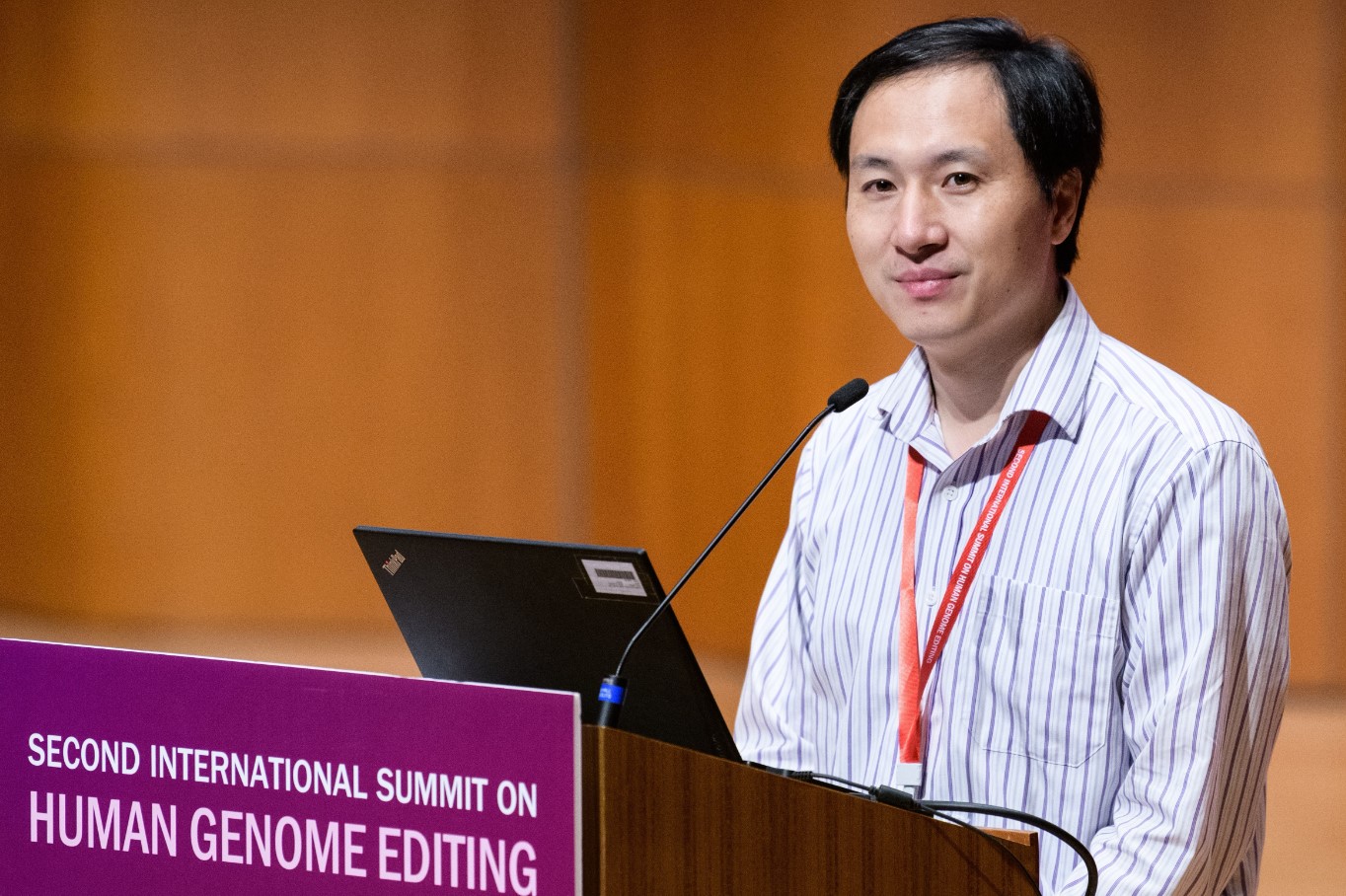
Gene Editing Dilemma: CRISPR-Cas9 Breakthrough Sparks Controversy
- by dgihost.com
In a groundbreaking development, the CRISPR-Cas9 gene editing technique has thrust itself into the limelight, raising both excitement and ethical concerns. The Chinese experiment, where twins were born with modified genes to make them HIV immune, has sparked a heated debate within the scientific community.
The controversial experiment, conducted by He Jiankui in November 2018, utilized CRISPR technology to disable the CCR5 gene, preventing HIV infection. However, the lack of complete evidence and the absence of legal basis for such experiments in Chinese regulations have fueled skepticism. The 2003 “Ethical Guiding Principles for Research on Embryonic Stem Cell” explicitly restricts research on human in vitro embryos beyond the 14th day of existence, adding a layer of controversy to the already questionable experiment.
CRISPR-Cas9, a revolutionary gene editing technique, has changed the landscape of genetic engineering. With its simplicity, cost-effectiveness, and precision, it allows not only the addition of new elements but also the deletion or replacement of genes, paving the way for unprecedented genetic interventions. Despite the technical advancements, concerns linger, particularly regarding safety and potential unintended consequences.
The Chinese experiment further intensified the ethical discourse by raising questions about the purpose and necessity of gene editing. The twins were not at risk of being born with HIV, and the modifications made to their genes were not uniform, adding complexity to the ethical dilemma. The possibility of using gene editing to create “enhanced” human beings with superior traits raises ethical concerns, challenging the sanctity of the human genome.
While objections to gene editing often revolve around prejudice and fear of playing God, proponents argue for the potential benefits of improving lives by eliminating genetic disorders. The precautionary principle has guided the scientific community, allowing research for safety data but imposing restrictions on the type of experiments conducted.
As the debate continues, it remains clear that the untimely use of gene editing without sufficient scientific evidence, as seen in the Chinese experiment, poses significant risks. The need for rigorous research, addressing technical and ethical issues, is crucial before germinal gene editing becomes a regular therapeutic procedure.
In conclusion, the CRISPR-Cas9 breakthrough presents both promise and peril. The focus should be on investing in further research to unlock the mysteries of genomics and ensure the safe and responsible use of gene editing. While caution is essential, a complete ban on research would impede progress and hinder the potential for greater well-being in the future. The answers to many health-related issues may indeed lie within our genes.
In a groundbreaking development, the CRISPR-Cas9 gene editing technique has thrust itself into the limelight, raising both excitement and ethical concerns. The Chinese experiment, where twins were born with modified genes to make them HIV immune, has sparked a heated debate within the scientific community. The controversial experiment, conducted by He Jiankui in November 2018,…